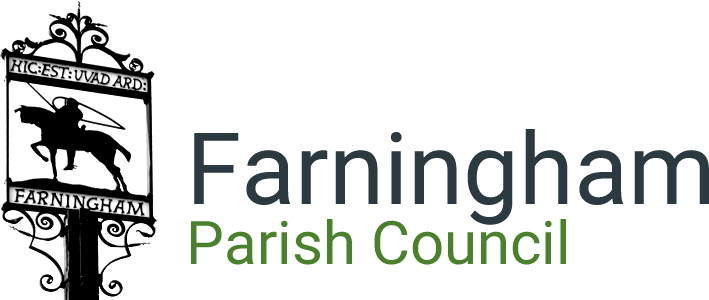Media and Communications Policy
1 Introduction
- This Policy is informed by the Code of Recommended Practice on Local Authority Publicity, as issued by the Department for Communities and Local Government (DCLG). The code is statutory guidance and therefore Councils must have regard to it and follow its provisions.
- Failure to follow the Council's Media and Communications Policy could lead to a breach of the statutory code and the risk of adverse publicity, which could damage the Council's reputation. It is important that all Councillors and officers understand the implications of this code which this Policy explains within a local context.
- This Policy should be read in conjunction with the Members' Code of Conduct.
2 Approach to publicity
- The Council welcomes enquiries from the press and media, recognising that a good relationship with the press helps communicate effectively with residents.
- Equally, the Council recognises that taking a proactive approach to communication ensures information is made available to residents in a timely manner and is accessible via as many media sources as possible including social media platforms.
3 Principles of communication
- The Code of Recommended Practice on Local Authority Publicity identifies key principles regarding publicity, and the Council will ensure any publicity:
- Is lawful
- Is cost effective
- Is objective
- Is even-handed
- Is appropriate
- Has regard to equality and diversity
- Is issued with care during periods of heightened sensitivity.
4 Official Farningham Parish Council press releases
- The Council recognises that the use of press releases is a key technique for publicising Council activities, decisions, and achievements. An official Council press release is made on behalf of the Council as a whole.
- All press releases will accurately reflect the corporate view of the Council, contain relevant facts, and may include an approved quotation from an appropriate Councillor. Releases will not promote specific political groups, publicise the activities of individual Councillors, identify a Councillor's political party or persuade the public to hold a particular view.
5 Requests for Interview
- Any request for an interview with a Councillor or officer should be referred to the Clerk (or other nominated officer) in the first instance. The Clerk, in liaison with the Chair, will determine the most appropriate Councillor or officer to be put forward for interview.
- Where a Councillor is authorised to speak on behalf of the Council, it is their responsibility to ensure they are clear on the corporate position of the Council, and that their responses to questions accurately reflect this.
- Where an officer is authorised to speak on behalf of the Council, they must never give their opinion on specific Council Policy and must remember their role is to provide expertise and factual knowledge in support of the Council's agreed Policies.
- If a Councillor has not been specifically authorised by the Council to speak to the media on a particular issue, a Councillor who is asked for a comment should make it clear that it is a personal view and ask that it be clearly reported as such.
6 Publicity during elections
- There are specific rules governing publicity when an election has been announced. In the period between the notice of an election and the election itself (purdah), all proactive publicity about candidates is halted.
- During the purdah period, all Council publicity shall be managed by the Clerk (or other nominated officer), and any quotes provided in support of press releases will be given by authorised officers.
7 Social media
- The Council recognises that for some residents, accessing information via social media platforms is their preferred method. While there are too many social media sites to include all of them, the Council will endeavour to use those which are most widely used, and regularly review the type and number of social media sites used.
- Social media sites will be used to support other communications issued by the Council and will help provide a consistent message across all media formats.
- Where officers use social media in a professional capacity to represent the Council, the Council's corporate identity will be used and not that of any individual officer.
- Officers using social media in this way must respect copyright, data protection, freedom of information and other laws, and be aware of the risks of action for defamation. Officers must not use insulting or offensive language or engage in any conduct that would not be acceptable in the workplace or elsewhere.
8 General guidance for Councillors and Officers
- Councillors and officers must ensure they do not disclose information that is of a confidential nature. This includes any discussion with the press or other media on any matter which has been discussed under confidential items on Council or committee agendas or at any other private briefing.
- Councillors and officers should always act with integrity when representing or acting on behalf of the Council.
- Councillors should not use the prefix 'Councillor' when writing to the press as an individual. This implies you are stating Council Policy, which is not necessarily consistent with your opinion.
- Any Councillor failing to follow the guidelines set out in this Policy may find themselves in breach of the Members' Code of Conduct and subject to a complaint to the Monitoring Officer.
- Any officer failing to follow the guidance set out in this Policy could face disciplinary action.
Adopted 4th. November 2020
